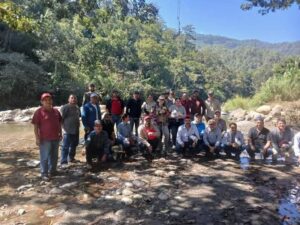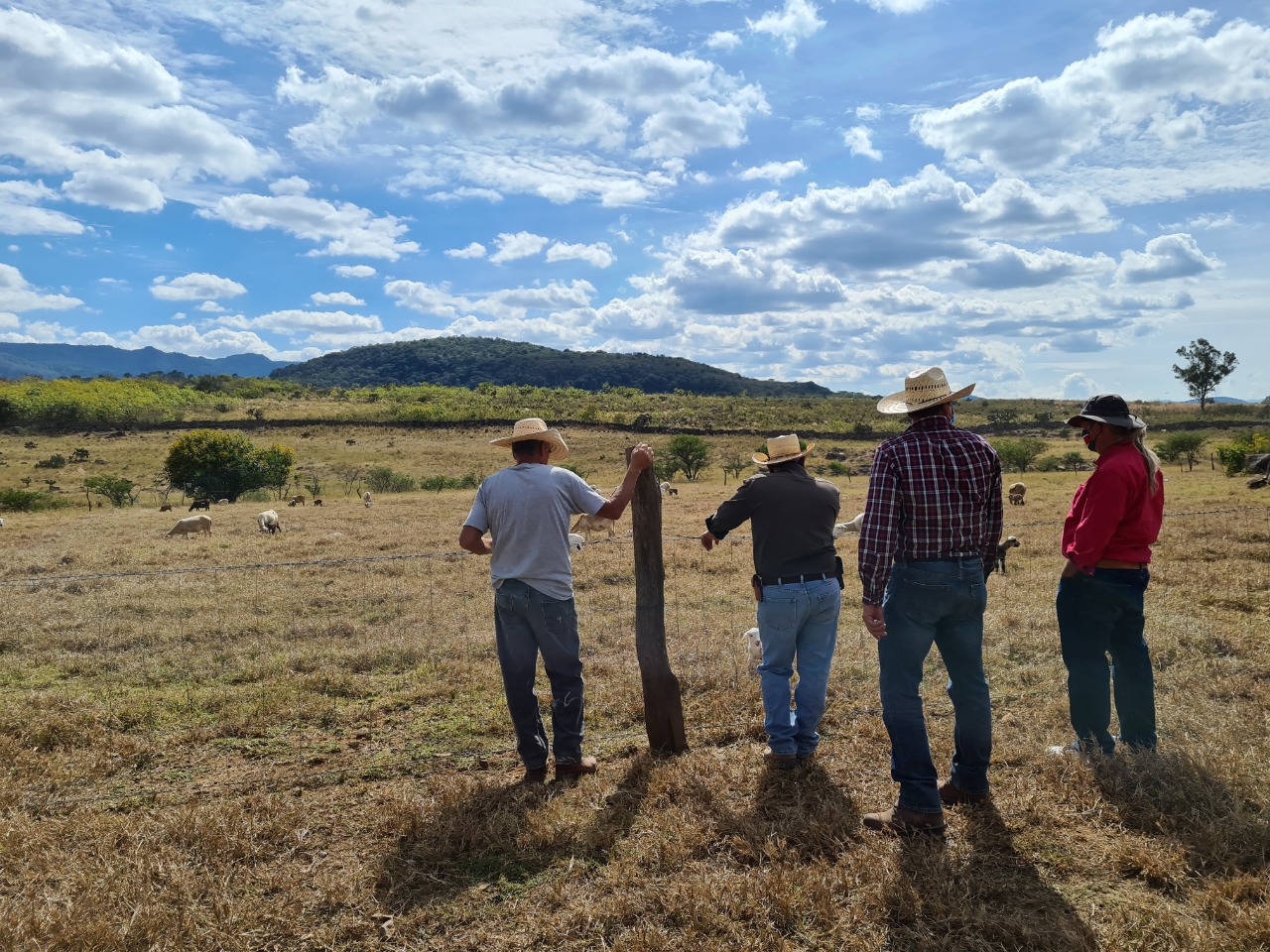The GCF Task Force Mexico’s June activities report highlights the collaborative efforts between Jalisco and Oaxaca in promoting sustainable livestock practices. This partnership showcases how knowledge sharing can drive economic and environmental benefits in local communities.
The exchange program between Jalisco and Oaxaca aimed to foster collaboration and knowledge sharing. Participants included government officials, local producers, and technical experts who explored successful models of sustainable livestock farming and forest management. This collaboration was essential in understanding and implementing practices that have proven successful in similar environments.
In Oaxaca, the CARBIOIN project by the Integradora de Comunidades Indígenas y Campesinas de Oaxaca (ICICO) served as a key learning model. CARBIOIN integrates forest management with carbon market participation, demonstrating effective community involvement and environmental conservation. This project has provided valuable insights into how rural and indigenous communities can organize and implement sustainable practices that not only protect the environment but also generate economic benefits through carbon credits.
Jalisco has been quick to adopt and adapt these lessons into its Sustainable Livestock Strategy. This strategy includes silvopastoral systems, which integrate trees, pastures, and livestock. These systems offer multiple benefits, such as improved soil quality, increased biodiversity, and reduced greenhouse gas emissions. Additionally, Jalisco has focused on producing deforestation-free meat and certifying good livestock practices through the CaLibre certification. The establishment of sales points for deforestation-free meat products has provided local producers with new market opportunities, ensuring that sustainable practices translate into tangible economic benefits.

Cattleranchers from Jalisco. Credit: Pronatura Sur
The silvopastoral systems in Jalisco are a practical implementation of sustainable livestock farming. These systems not only reduce production costs by utilizing natural resources more efficiently but also enhance the economic sustainability of local farmers. By integrating trees and shrubs into pastures, farmers can improve soil fertility, reduce the need for chemical fertilizers, and increase the overall productivity of their land. This holistic approach to farming ensures that environmental conservation and economic viability go hand in hand.
Both Jalisco and Oaxaca have benefited significantly from international support. Funding from the Norwegian Ministry of Climate and the Environment and the UK Government’s Mexico UK Pact has been crucial in scaling up sustainable practices. These partnerships have enabled local communities to explore carbon market opportunities, providing additional income streams through the sale of carbon credits. This financial support has also facilitated the implementation of training programs and technical assistance, ensuring that farmers have the knowledge and resources needed to adopt sustainable practices.
The exchange program allowed participants to see firsthand the benefits of sustainable practices. Local producers from Jalisco were particularly inspired by the success of the CARBIOIN project in Oaxaca. They expressed enthusiasm for replicating similar models in their own communities, motivated by the potential for additional income through voluntary carbon markets. This hands-on experience provided valuable insights into the practical aspects of implementing sustainable practices, from community organization to technical details of silvopastoral systems.
The collaboration between Jalisco and Oaxaca exemplifies how knowledge sharing and community involvement can drive sustainable development. By integrating innovative practices and leveraging international support, both regions are making significant strides toward environmental and economic sustainability. The success of these initiatives demonstrates that sustainable livestock farming is not only feasible but also economically viable for local communities.
As Jalisco continues to develop and refine its Sustainable Livestock Strategy, the lessons learned from Oaxaca will remain a crucial part of this journey. The ongoing collaboration and exchange of knowledge between these regions will ensure that sustainable practices continue to evolve and improve. This partnership highlights the importance of community involvement and international cooperation in achieving long-term sustainability goals.
The Governors’ Climate and Forests Task Force (GCF TF) plays a vital role in facilitating such collaborations. The GCF TF is a unique subnational collaboration of 43 states and provinces from 11 countries, working to protect tropical forests, reduce emissions from deforestation, and promote realistic pathways to sustainable rural development. By fostering partnerships and knowledge exchanges like the one between Jalisco and Oaxaca, the GCF TF helps member states and provinces implement effective strategies for combating climate change and enhancing local economies.
For more detailed insights, readers are encouraged to explore the full report on the GCF Task Force Mexico’s work, through our partner Pronatura Sur’s website. This document provides comprehensive information on the various initiatives and strategies being implemented in Jalisco and Oaxaca, showcasing the potential of sustainable livestock farming to drive economic and environmental benefits.

